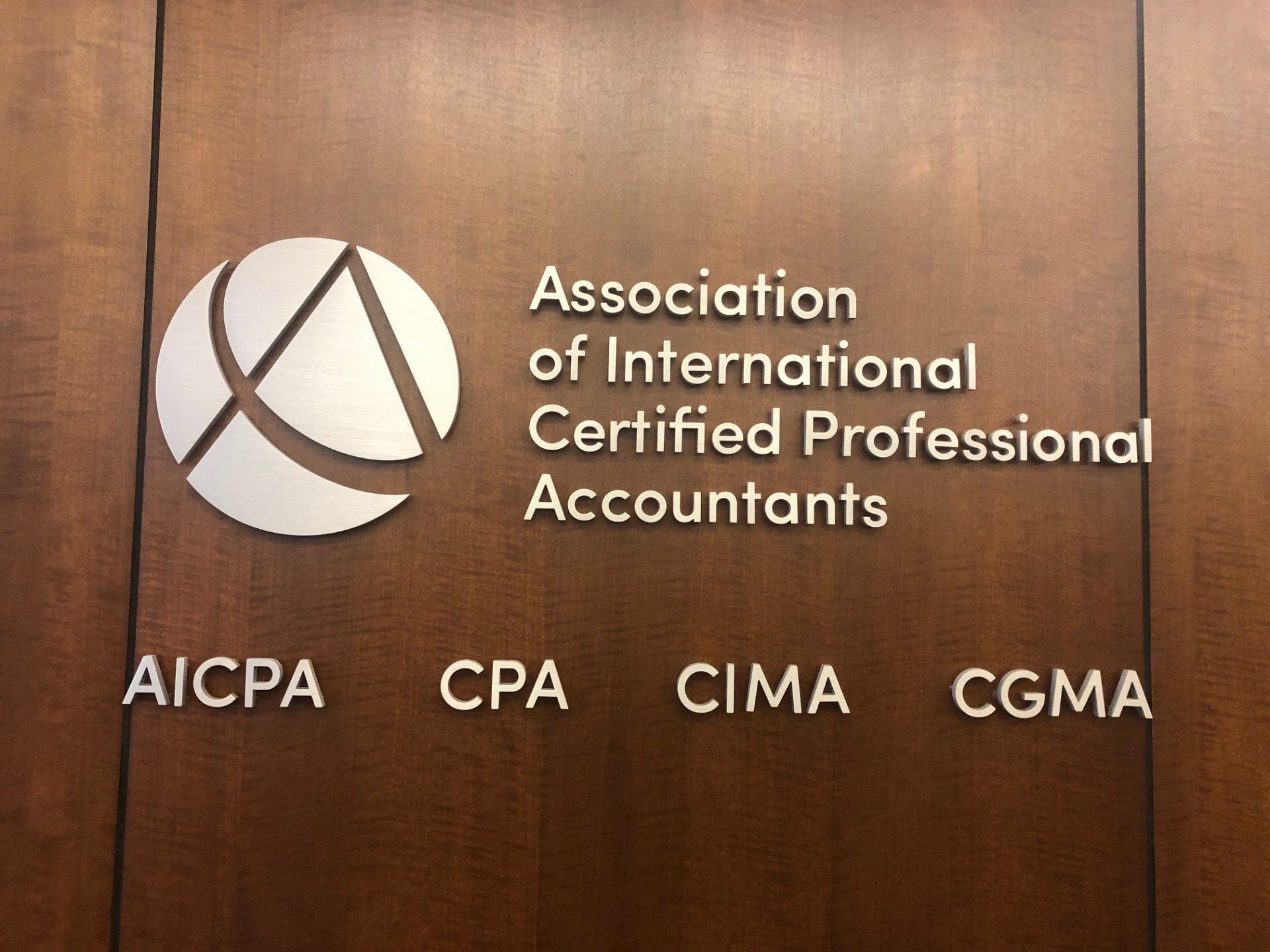AICPA News is a round-up of recent announcements from the association.
AICPA & CIMA update Global Management Accounting Principles to reflect new era of digital acceleration and ESG
The Association of International Certified Professional Accountants, representing AICPA & CIMA, recently released a new edition of their Global Management Accounting Principles (GMAP). The GMAP are a route map of good practice, which every management accountant can use as a guide when approaching business challenges. The GMAP help management accountants work with business decision makers to create and preserve value creation within their organization’s business model.
The updated principles, built on over a decade of practice analysis, reflect this reality. They emphasize how to apply management accounting techniques to achieve high-value decision-making encompassing multiple capitals, for example human and natural capitals. The principles act as a guide for management accounting professionals who steer businesses to become more agile and adaptable, and include a greater focus on non-financial aspects of management accounting like sustainability data.
The extensive research that AICPA & CIMA have conducted into every aspect of management accounting has built up a significant base of up-to-date knowledge, which provides the foundations for the new GMAP. From this knowledge, new tools have been developed, giving better insights on decision making and process-journeys.
These tools include an updated version of the AICPA & CIMA Strategic Scorecard, which was developed to make sure that consideration is given to the performance and strategy dimension of enterprise governance.
Risk Management Processes in U.S. Organizations Continue to be Outpaced by Growing Risks
A recently issued report by the Association of International Certified Professional Accountants representing AICPA & CIMA and North Carolina State University’s Enterprise Risk Management (ERM) Initiative found that 65% of senior finance leaders agree that the volume and complexity of corporate risks have changed “mostly” or “extensively” over the last five years. Despite this, only a third (34%) say their organizations have complete enterprise risk management (ERM) processes in place, and just over a quarter (29%) rate their organization’s overall risk management oversight as “mature” or “robust.” These findings are unchanged from a year ago.
The 2023 State of Risk Oversight: An Overview of Enterprise Risk Management Practices includes insights from a survey of 454 U.S. CFOs and senior finance leaders conducted in winter 2023. The survey measured finance-related executives’ assessments of the level of maturity in their organization’s proactive management of these risks through adoption of ERM processes.
Additional key findings from the report include:
- Most executives do not believe their organization’s risk management processes provide strategic advantage (64% state no or minimal advantage), with less than half (40%) positioning risk management significantly to pinpoint emerging strategic risks.
- The frequency at which management shares risk exposure with the boards of directors varies with 43% reporting top risks to the board on an annual basis, followed by reporting on a quarterly basis (41%).
The report also includes several calls for action to help executives and boards identify actions they can take to enhance the strategic value of their risk oversight. These questions are just a sampling of the kinds of issues senior executives and boards of directors should consider:
- What are management’s perceptions about the current approach to risk management?
- Is there consensus about the most significant enterprise risks?
- How is the output from risk management used in strategic planning?
- Does management have access to robust key risk indicators?
- Is our entity sufficiently prepared to manage a significant risk event?
NC State’s ERM Initiative has a breadth of tools and resources to help executives through its searchable ERM Library and offers a number of executive learning opportunities and events.
AICPA & CIMA launch new climate resilience accounting resource
AICPA & CIMA, together as the Association of International Certified Professional Accountants, recently launched Accounting for Climate Resilience – a new online educational brief designed to help finance professionals build their sustainability literacy so they can lead and support the journeys of their organizations, firms, and clients as they adapt business models and operations in response to increasing climate-related risks. The resource’s launch highlights the important role professional accountants have to play in this context.
Accounting for Climate Resilience is the last in a series of four interactive “Accounting for” briefs focused on sustainability and business. The series is part of AICPA & CIMA’s continued commitment to provide all accounting and finance professionals with the resources, tools, and skills they need to support the transition to more responsible business practices, and place long-term value creation at the heart of corporate activities and reporting.
The series of “Accounting for” briefs include:
- Accounting for the Sustainable Development Goals
- Accounting for Carbon
- Accounting for Nature
- Accounting for Climate Resilience
Their aim is to help organizations consider sustainability issues, guide how to integrate them into their long-term decision-making, and how to incorporate these issues into internal and external reporting.
For more information about AICPA & CIMA’s resources on sustainability and environmental, social, and governance (ESG) topics, please visit aicpa-cima.com/esg.
Thanks for reading CPA Practice Advisor!
Subscribe Already registered? Log In
Need more information? Read the FAQs
Tags: AICPA, ESG, Firm Management





